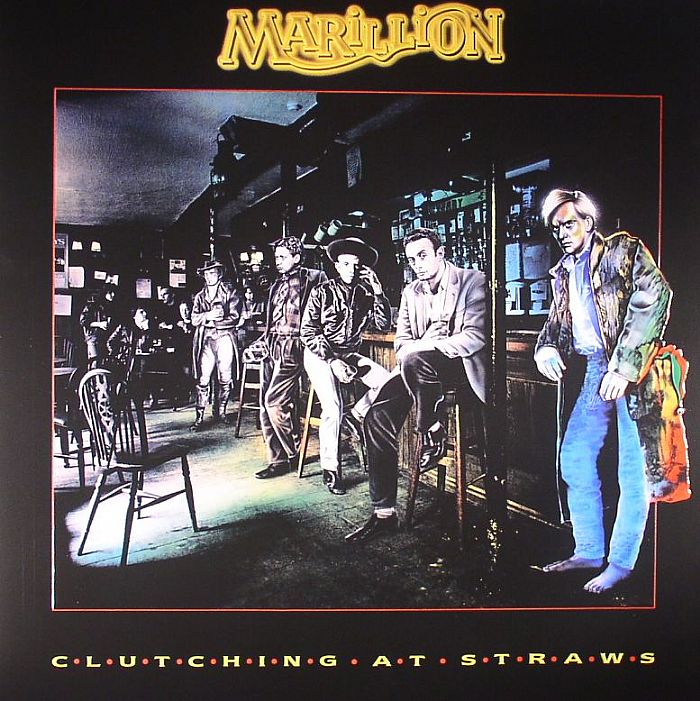Marillion are one of those acts whose days of commercial success are far behind them, yet whose fanbase remains so rabidly loyal, that whatever they release will be met with no small amount of enthusiasm. They are also a band of contradictions. As a prog rock act in the mid 80s, they found their greatest commercial success playing a style of music long considered out of date. During their career they have released 14 albums, four with their original frontman, Fish, and ten with his replacement, Steve Hogarth, yet Hogarth’s name is barely known outside of Marillion’s rabidly loyal fanbase. As much as the band and their fans try and remind anyone listening that Fish was only comparatively briefly Marillion’s frontman, in truth his shadow looms large over their career, and casual fans can often struggle to remember Hogarth’s name.
Listening back to them now, it’s probably fair to say that the first three studio albums of Marillion’s career have not aged particularly well. The complex time signatures, often meandering lyrical narratives and even the artwork, while full of meaning and symbolism for dyed in the wool fans, left non-believers cold. Yet, against all odds, they were capable of big hit singles, with both “Kayleigh” and “Lavender” finding themselves at the upper end of the singles chart, which in turn catapulted their parent album, Misplaced Childhood to the top of the album chart. After years of paying their dues and playing to any dispossessed prog rock fan that would listen, Marillion had made it.
It was at this moment that things started to go wrong. Fish’s excessive lifestyle started to drive a wedge between himself and the rest of the band, as the former Derek Dick started to turn in on himself and consider if the long years of striving for commercial success had all been worth it. It was this mindset that informed Fish’s final studio album with Marillion, the aptly named, Clutching at Straws. Maybe it’s the lyrical themes of emotional trauma and isolation, maybe it’s the fact that the lyrical mysticism was dialled down in favour of brutal honesty and soul searching, but Clutching at Straws stands apart from the rest of the early Marillion catalogue. It’s the Fish-era album that while still sounding very much like prog-rock gone 80s, is still thematically relevant today, as increasing numbers of us feel isolated and plagued by self doubt. Where before it was all ambiguous lyrics and pomposity, on Clutching at Straws it was raw and honest confessionals and downbeat themes, even the music was toned down a little to match the lyrics. The personal nature of the material seemingly inspired Fish to put in one of the best studio performances of his career and the rest of the band provided skillful backing, despite the fact that they were obviously tired of the big guy stomping around as if he owned the place.
Despite the less than commercial themes of the album, there are some good singles on Clutching at Straws, with “Suger Mice” and the relentless “Incommunicado” being the best. A song like “Torch Song” is a little overwrought and over dramatic, but it gets its point across well enough. Actually that goes for most of the album, while it’s never going to be hailed as one of the all time classics, it’s good enough to put the band’s previous work in the shade. Yes there are sections where you’d wish they’d been a bit more ruthless when it came to quality control, but compared to what had gone before, these are relatively few and far between.
Sometimes a band has to all but completely fall apart before they release a great album and that is exactly what happened with Clutching at Straws.














No Comment